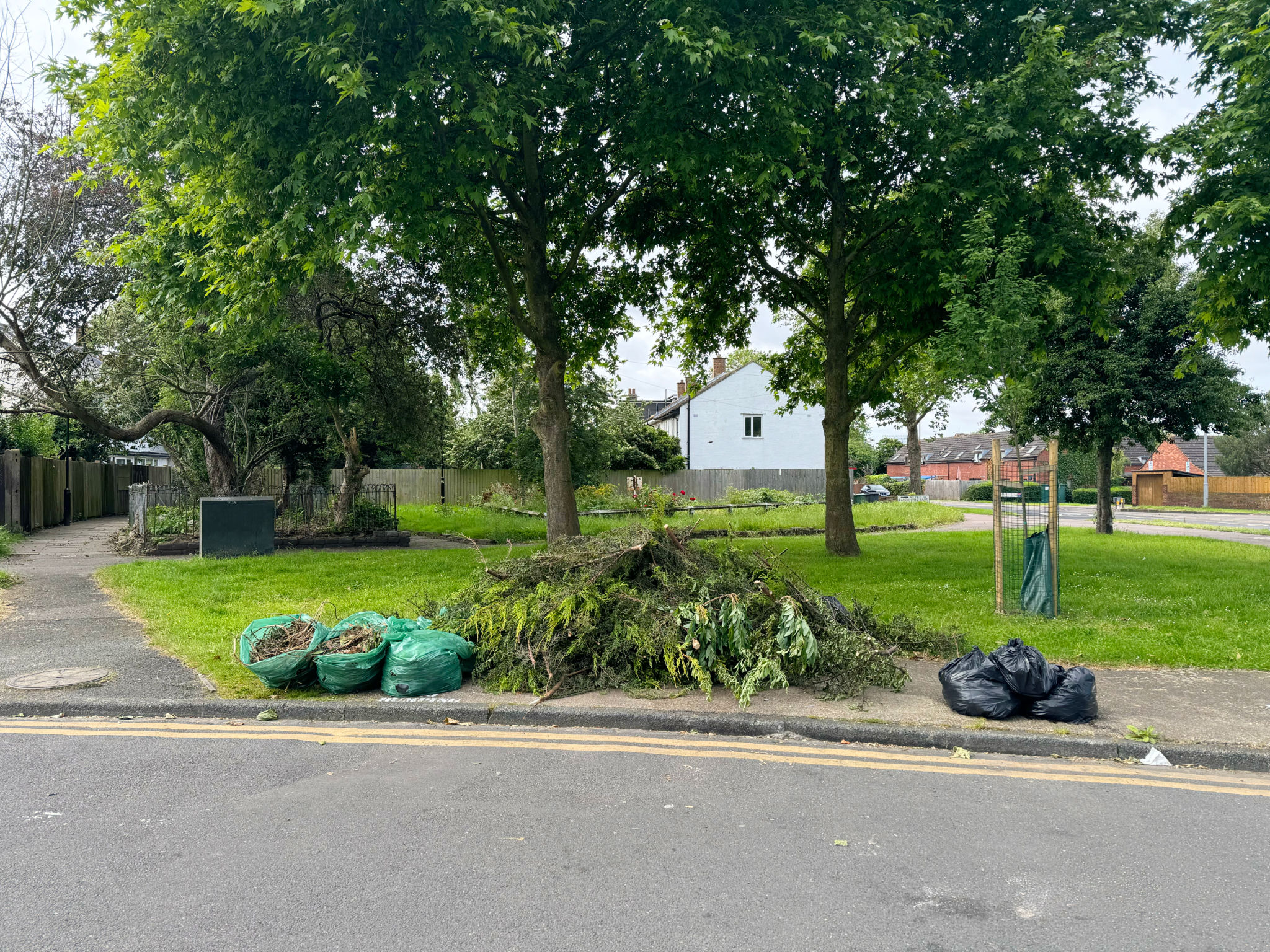Common Misconceptions About Waste Management in London
Understanding Waste Management in London
Waste management is a crucial aspect of urban living, yet many Londoners hold misconceptions about how it operates in the capital. These misunderstandings can lead to improper waste disposal habits and hinder effective recycling efforts. In this blog post, we aim to debunk some common myths surrounding waste management in London.

Myth: All Rubbish Ends Up in Landfills
A prevalent misconception is that all rubbish collected in London ends up in landfills. This is not entirely true. London has made significant strides towards sustainable waste management. A large portion of waste is either recycled or sent to energy-from-waste facilities. These facilities convert waste into electricity, reducing the reliance on landfills.
In fact, London's landfill dependency has decreased significantly over the years, thanks to improved waste diversion strategies. The city aims to send zero biodegradable waste to landfills by 2026, showcasing a strong commitment to environmental sustainability.
Myth: Recycling Is Too Complicated
Many people believe that recycling is a complex and time-consuming process. However, London's local councils have streamlined recycling procedures to make it easier for residents. Most boroughs provide separate bins for recyclables such as paper, plastics, and glass, simplifying the sorting process.

Moreover, understanding what can and cannot be recycled is key. Common recyclables include cardboard, metal cans, and certain plastics. Residents can refer to their local council's guidelines for specific recycling instructions, ensuring that the process is straightforward and efficient.
Myth: Waste Management Is Solely the Government's Responsibility
While government agencies do play a significant role in waste management, it is not solely their responsibility. Effective waste management requires cooperation between local authorities, businesses, and residents. Everyone has a part to play in ensuring waste is disposed of correctly.
Businesses are encouraged to adopt sustainable practices such as reducing packaging waste and implementing recycling programs. Similarly, residents can contribute by being mindful of their waste habits and supporting community clean-up initiatives.

Myth: Waste Management Costs Are Exorbitant
Another misconception is that effective waste management comes at an exorbitant cost. While there are expenses involved in managing and processing waste, the long-term benefits of sustainable practices often outweigh these costs. It is more cost-effective to recycle materials than to produce new ones from raw resources.
Furthermore, many local councils offer incentives for residents and businesses that actively participate in recycling programs. These initiatives not only help reduce costs but also promote a culture of environmental responsibility across the city.
The Importance of Dispelling Myths
Understanding the realities of waste management in London is essential for fostering a more sustainable environment. By dispelling these common misconceptions, residents can make informed decisions about their waste disposal habits and contribute to a cleaner, greener city.
Educating the public about the importance of proper waste management and recycling can lead to significant environmental benefits. Together, Londoners can work towards a future where waste is minimized, resources are conserved, and the city's ecological footprint is reduced.